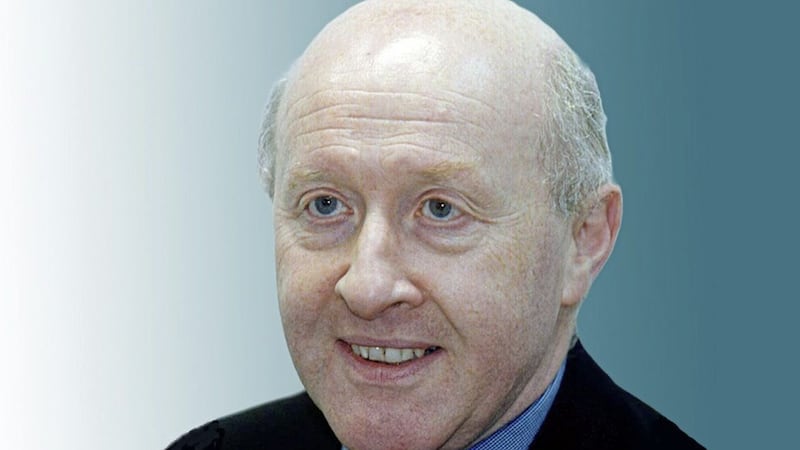Sinn Féin have been proved correct and the nationalist electorate have vindicated the party’s decision to pull out of Stormont. On the other hand the unionist electorate have endorsed Arlene Foster and the DUP. Result: deadlock.
The voting in critical nationalist constituencies like West Belfast and Foyle showed that Sinn Féin got it exactly right, not just in terms of their astonishingly successful vote management, but in sensing the mood of frustration, despondency and apathy that was developing among nationalists over recent years.
Perhaps the best illustration of the accuracy of Sinn Féin’s diagnosis of discontent was the west Belfast result where the Sinn Féin vote was up 7.3 per cent and the Trotskyite People Before Profit was down 8 per cent. In short, the people who last year voted PBP as a protest against what proved to be Sinn Féin’s continued pointless dalliance with the DUP came back to Sinn Féin. The increased Sinn Féin vote also gave the lie to the nonsense PBP spouted about their cross-community support when a simple analysis of their transfers last May showed they got about 30 unionist votes.
All across the north nationalist voters came out to support Sinn Féin’s stance. Some comments have confused the percentage increase in turnout with the simple ten per cent rise since last year. In fact the percentage increase was about 18 per cent.
For unionism it was a mirror image. An equally large increase in turnout east of the Bann to show support for the DUP. Figures show the DUP took a hit but that was mainly because Arlene Foster unaccountably ran all 37 MLAs which guaranteed the party had to lose several MLAs. Even in East Belfast, though the Alliance party’s share of the vote rose, so did the DUP’s.
In fact the party which suffered most was the UUP and the figures indicate it was because of Mike Nesbitt’s blurting out with no warning that supporters should transfer to the SDLP. That caused consternation to candidates like Danny Kennedy who needed DUP transfers.
Sadly, what Nesbitt’s gaffe demonstrates once again is that any attempt by a unionist party leader to move in the direction of moderation is punished by unionist voters. They preferred Arlene Foster’s hard line paranoid style of politics. Nesbitt’s goose is cooked. Luckily for him there’s no obvious successor in his ageing dwindling party.
It seems that whereas nationalist and republican voters were energised, even galvanised, by Foster’s language and demeanour to come out and vote in greater numbers than at any time since 1998, unionist voters were driven out to vote by the politics of fear that Arlene Foster’s campaign generated.
Other voters believed the forlorn call for ‘change’ from Naomi Long, a line now shown conclusively to be futile in elections here for almost 50 years. In a crescent around Belfast Lough where more educated affluent people live and imagine they can aspire to ‘normal’ politics in an abnormal political entity about eight per cent support Alliance, again and again repeating the same action in the belief it will produce a different result. It never does and never can.
This election and the way Arlene Foster fought it has locked the two tectonic plates of the north’s communities immovably for the foreseeable future. Both Sinn Féin and the DUP can correctly claim their positions have been overwhelmingly supported by the voters who came out in the largest numbers for twenty years.
Unfortunately when tectonic plates lock the only force that will shift them is an earthquake and if these election results show one thing, it’s that there will be no electoral equivalent of an earthquake here.









